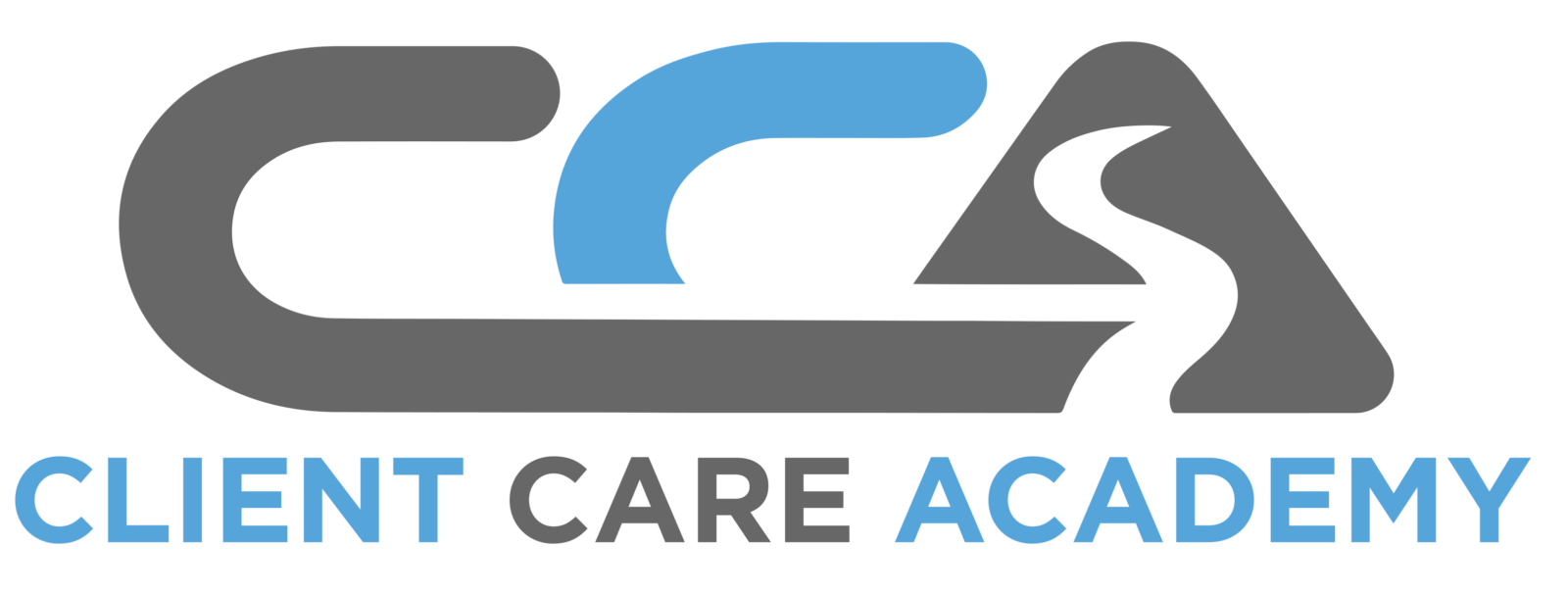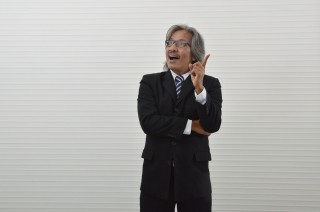Clients want their estate plan to be a set-it-and-forget-it, one-time transaction.
They have to really “get” why updating an estate plan on a regular basis is important—and they have to get to this on their own.
We train attorneys in how they can get clients to this answer in the Client Care Academy. It’s harder than you’d think, because both the attorney and then the client have to make a paradigm shift in their thinking.
Here’s a question we focus on in the Client Care Academy:
“When do I, the estate planning attorney, need to take care of your family?” Most of the time, your clients will say “Now.” But that’s the wrong answer. The client is alive, taking care of their family, making decisions and controlling assets.
We ask again. When will their family need the estate planning attorney?
When it comes out of their own mouth – “When I’m dead”- or words to that effect – that’s when they get it.
That needs to come from the client’s mouth, not the attorney.
It’s not an easy thing for most people to say. But when clients understand that the attorney and the estate plan are most needed when they have died or have become incapacitated, that’s when they understand the true purpose of an estate plan and our role as a trusted advisor.
That’s when we start training our clients to shift their focus.
Here’s another problem they don’t recognize as a problem: We don’t know when the client will die. We don’t know what laws will be in effect when they die. We also don’t know what their assets will be at the time of their death, or what their family situation will be.
In the Client Care Academy, we go through a series of ways to help clients get this concept. Among the processes, is the response to a simple but difficult concept:
“You’ve asked me to take care of your family when you die, but we have to create something today that will work at an unknown time in the future.”
They generally nod their heads in agreement, processing the idea. Then we put it on them:
“How are we going to make that work?”
We are deliberately putting the client on the spot. We are asking them to become an active participant. This is not what they expected. They thought that we would create a document, they would sign it, and then they would go home.
Once they have integrated this concept—that the estate plan has to work in the future—they are further along the path of understanding and valuing what we do for our clients.
If you’re tired of explaining the difference between what you do for clients and what they can download from a legal website, you are ready to take your estate planning and elder law practice into the future.
We invite you to learn more at the Client Care Academy website. Consider joining us for one of this fall’s workshops—we’re doing one in September and a second in November. Note that prices will be going up in 2019, so this is a good time to register. Or check out my book – some attorneys start their own client care program with the book alone, although most prefer to come to the workshops.
The book, the videos on our website and the workshops will all show you where we believe the estate planning practice is headed. It’s changed how we and many other attorneys practice law—for the better!




